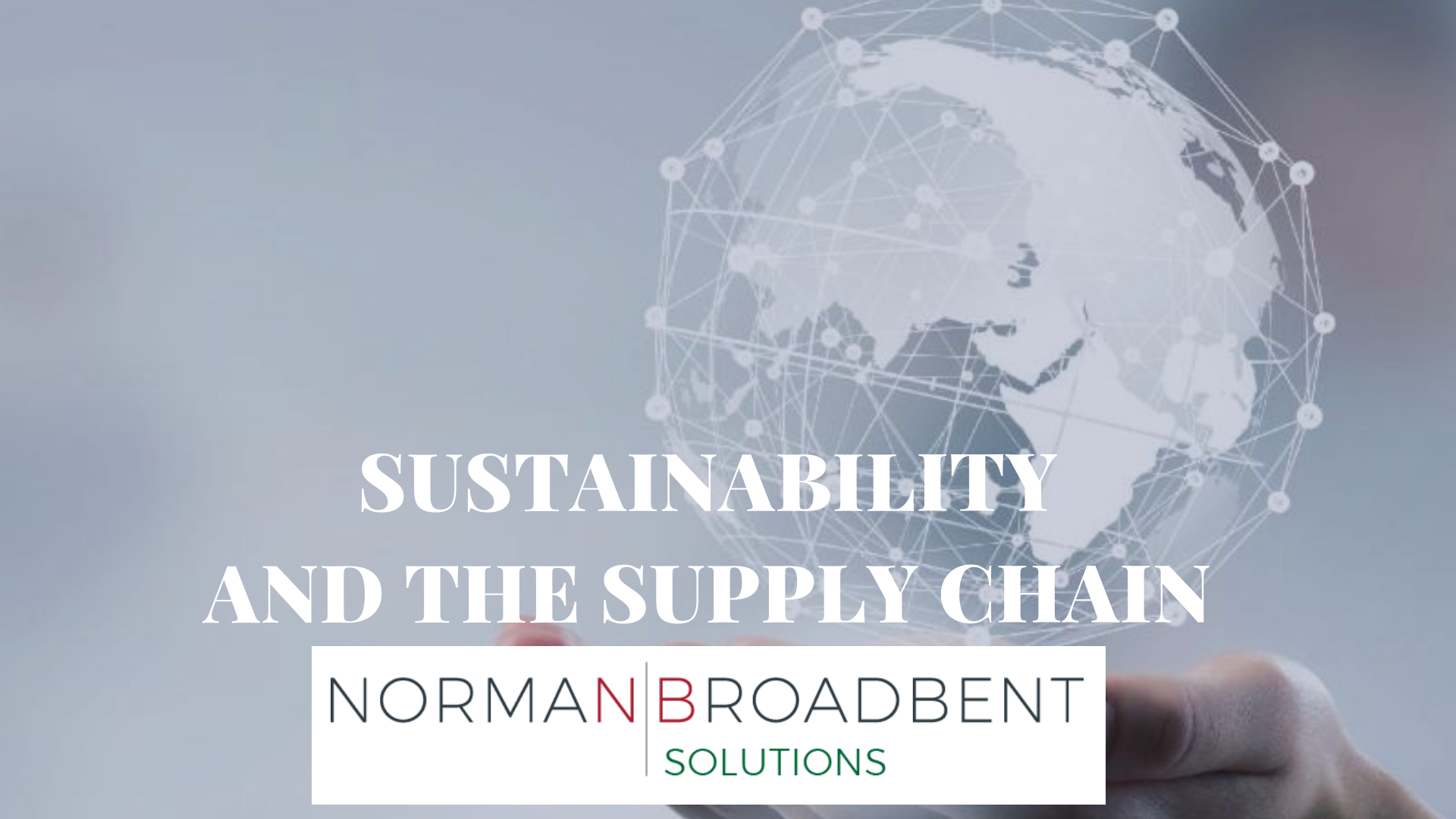
Sustainability and supply chain go hand-in-hand. In a world of choice, consumers, shoppers, and investors are more aware and concerned about the sustainability/provenance of the goods they buy, whom they purchase from, and which companies they choose to invest in. In a 2017 Unilever Report, it was found that over a third of consumers preferred sustainable brands. As such, consumer companies are increasingly attuned to the sustainable management of their supply chains and are in a strong position to influence (to an extent) their supplier base, seeking out materials, goods, utilities, and services that are environmentally-friendly, responsible, and ethical.
The creation of a sustainable supply chain, however, is often as much about the right talent as it is about the right information. There are a number of developments that have helped companies create momentum around the creation of sustainable supply chains in recent years. These include the 2017 International Standard for Sustainable Procurement ISO20400 and, from a regulatory perspective, the introduction of the UK Modern Slavery Act in 2015. Digitization has also helped produce leaner supply chains, eliminating waste through the use of advanced algorithms that evaluate multiple scenarios and create the optimal plan. This requires a company to determine how natural and human resources are used at every step of the production process, as well as the wider impact the supply chain has on environmental, social, and economic issues. In some cases, this will be a huge undertaking and requires the right talent to put together all the pieces of the puzzle.
Our Supply Chain Practice is often asked to support clients in finding talent to assist in the creation of sustainable supply chains both from a permanent and interim perspective. If this is on your agenda, and you would like to speak with us in confidence, please contact james.peskett@normanbroadbent.com